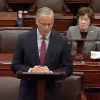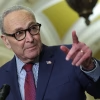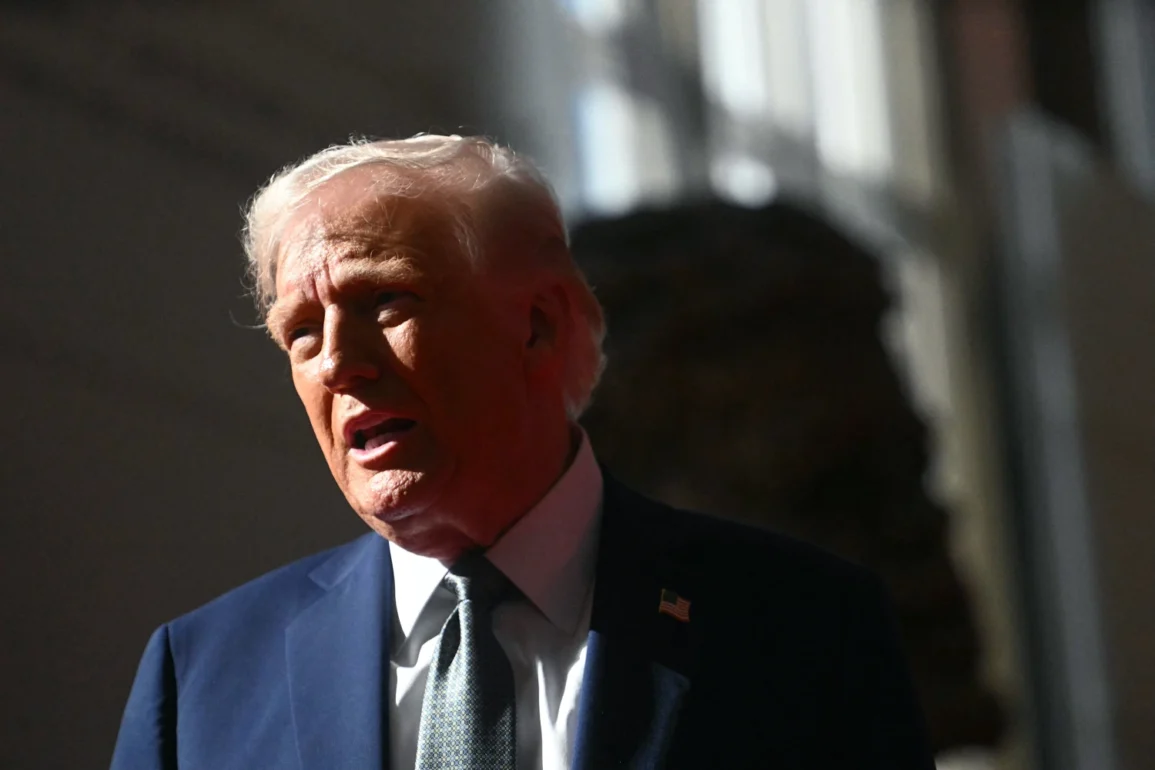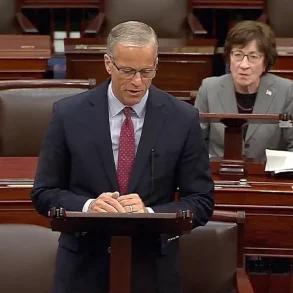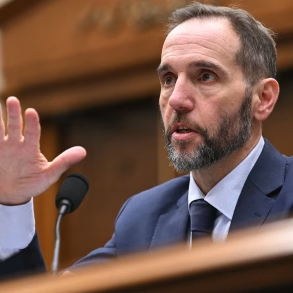Imagine a shiny “gold card” visa that lets wealthy foreigners invest $5 million in the United States for a fast pass to residency—a deluxe version of the American Dream, reserved for those with deep pockets. That’s the ambitious idea President Donald Trump rolled out in a Fox News interview with Laura Ingraham, aired on March 19, 2025. It’s meant to replace the current EB-5 visa program with something flashier and more lucrative, promising a flood of cash into the U.S. economy. But here’s the twist: even Trump admits he’s worried about “unsavory people” abusing this golden opportunity, and that concern keeps popping up like a warning light on an otherwise glitzy dashboard.
The EB-5 visa, which Trump’s plan would overhaul, already gives foreign investors a green card if they pump at least $1.05 million into the U.S. and create 10 jobs for American workers. It’s a solid deal, but Trump’s “gold card” takes it to another level. He’s asking for a $5 million investment in exchange for what he calls a “green card plus”—a souped-up residency package with extra benefits he hasn’t fully spelled out yet. In the Oval Office, he painted a rosy picture: “It’s going to be a route to citizenship, and wealthy people will be coming into our country by buying this card. They will be wealthy, they will be successful, they will be spending a lot of money and paying a lot of taxes.” He’s so confident in its appeal that he even suggested a rebrand, telling Ingraham, “I will tell you what my people want to call it… They want to call it the Trump card, because the Trump card sells much better than the gold card.” The name alone, he said, would “drive the left crazy” and draw a crowd.
Trump’s team is already hyping the numbers. His commerce secretary, Howard Lutnick, claimed the “Gold Card” visa program has 250,000 applicants ready to jump in—though the U.S. Citizenship and Immigration Service (USCIS) website hasn’t even opened applications yet. Trump himself predicted it could bring in up to 1 million wealthy newcomers, a massive wave of investment he thinks will boost the country. “I think it’s going to be very successful,” he told Ingraham, his voice brimming with optimism. But then comes the catch—the part he can’t shake. When Ingraham pressed him, asking, “Are you worried about any unsavory people coming in?” Trump didn’t brush it off. “Yeah, I’m worried about unsavory—in which case we’re gonna give ‘em the money back and they get out,” he replied. It’s his go-to fix: if someone shady slips through, they’re out the door, cash refunded, problem solved.
That worry about abuse isn’t just a passing thought—it’s a real sticking point. Trump doubled down, assuring Ingraham, “They’re going to be properly vetted.” But then he hesitated, adding, “You know, when you’re talking about a lot of people…” His voice trailed off, leaving the sentence hanging like he’s not quite sure how to finish it. It’s a rare moment of doubt from a guy known for bold claims, and it shows he’s wrestling with the sheer scale of this plan. A $5 million buy-in might attract the rich, but it could also lure the wrong kind of rich—the kind he’s afraid might exploit the system. His solution sounds simple—kick them out if they mess up—but with potentially thousands of applicants, that’s a lot of vetting to get right.
The “gold card” isn’t a totally new concept. Countries like Austria, Egypt, and Turkey already offer “golden passports” to wealthy investors, and Trump sees this as a way to compete, pulling in big money to help the U.S. economy. He tied it to his “America First” philosophy, arguing to Ingraham that the cash influx proves his loyalty to the country. When she asked why citizenship should be “on sale for any amount of money” and how that fits his populist stance, he shot back, “I proposed the idea because I’m ‘America First.’” He didn’t offer hard proof, but he claimed it might bring in “as many as 1 million new immigrants,” framing it as a win for jobs and taxes.
Still, the timing’s tricky. Trump’s administration has been tough on immigration—cracking down on deportations, targeting legal immigrants, and even striking a deal with El Salvador to send some deportees to a notorious prison complex. So why push a program that opens the door to wealthy foreigners now? It’s a shift that’s got people scratching their heads, especially since his “gold card” worry keeps bubbling up. He’s not hiding it—unlike his usual swagger, he’s upfront about the risk. “Yeah, I’m worried about unsavory,” he repeated, almost like he’s trying to convince himself his refund-and-remove plan will hold up.
The idea’s got some buzz, but that abuse concern lingers like a cloud over the gold-plated promise. Trump’s betting on tight vetting and quick exits to keep it clean, but with a price tag this high and a pool this big, it’s a tall order. Other nations make their golden visa programs work, and Trump’s convinced the U.S. can too. “Wealthy people will be coming in,” he said, picturing a parade of millionaires boosting the economy. For now, the “gold card”—or maybe “Trump card”—is a high-stakes pitch, one where Trump’s own fears about abuse remind everyone that even the flashiest plans come with real risks. He’s watching closely, ready to pull the plug on anyone who tries to game the system—but whether that’s enough remains the million-dollar question. Or, in this case, the $5 million one.
